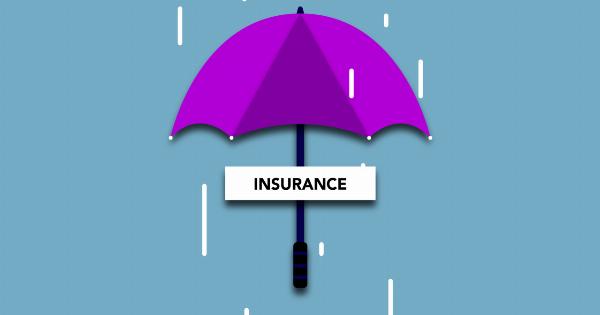As technology continues to advance, so do the threats to our systems. Viruses, malware, and other malicious software can wreak havoc on your computer and compromise your personal information.
Protecting your system from these threats should be a top priority. Here are nine tips to help you avoid viruses and keep your system safe.
1. Install Antivirus Software
The first and most important step in protecting your system is to install a reliable antivirus software. Choose a reputable program that offers real-time scanning and regular updates to keep up with new threats.
Set the software to run regular scans and keep it up to date to ensure maximum protection.
2. Enable Automatic Updates
Operating systems and software applications often release updates that patch security vulnerabilities.
Enable automatic updates for your operating system, web browsers, and other software programs to ensure that you have the latest security patches installed.
3. Be Cautious with Email Attachments
Email attachments are a common way for viruses and malware to spread. Exercise caution when opening attachments, especially if they come from unknown or suspicious senders. Scan all attachments with your antivirus software before opening them.
4. Use a Firewall
A firewall acts as a barrier between your computer and the internet, monitoring incoming and outgoing traffic. Make sure to enable the built-in firewall on your operating system, or consider installing a third-party firewall for additional protection.
5. Avoid Suspicious Websites
Be mindful of the websites you visit, as they can contain harmful code or phishing attempts. Stick to trusted and reputable websites, especially when providing personal information or making financial transactions.
Avoid clicking on suspicious ads or pop-ups that may lead to malware-infected websites.
6. Secure Your Wi-Fi Connection
Unsecured Wi-Fi networks can be an easy entry point for hackers. Set a strong password for your Wi-Fi network, enable network encryption, and consider using a virtual private network (VPN) when connecting to public Wi-Fi hotspots.
7. Practice Safe Downloading
Downloading files from the internet can expose your system to viruses and malware. Only download files from trusted sources, such as official websites or reputable software platforms. Scan all downloaded files before opening or executing them.
8. Regularly Back Up Your Data
Backing up your data regularly is essential in case your system gets infected or compromised. Store your backups on an external hard drive, cloud storage, or a separate network location.
This ensures that you can restore your files and system to a clean state if needed.
9. Educate Yourself and Your Users
Knowledge is key in protecting your system from viruses. Stay informed about the latest threats and educate yourself and your users about safe online practices.
Teach them to avoid suspicious websites, not to click on unknown links, and to be cautious when opening email attachments.





























